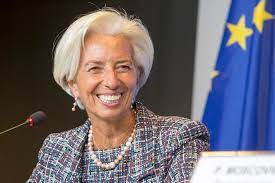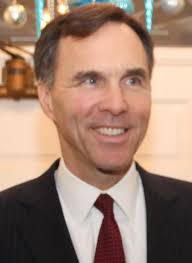The European Central Bank (ECB) on Thursday disclosed that it was slowing down some of its massive emergency pandemic support for the Eurozone economy as business activities and consumer spending in the 19 member-countries begin gradual rebound from the COVID-19-spurred recession.
The bank stated that it could conduct its bond purchase stimulus at “a moderately lower pace” than in recent months as part of its plans to reduce interventions.
The bank had since March indicated its intention to purchase bonds at a “significantly higher pace” than in the first three months of the year but the 1.85 trillion ($2.2 trillion) bond purchase program has no set amount for purchases each month.
The head of the ECB, Christine Lagarde, said on Thursday at her post-decision news conference that “the rebound phase in the eurozone economy is increasingly advanced”, thereby positioning the eurozone on track to recover its post-pandemic level by the end of the year.
She, however, cautioned that there was ”some way to go before the damage from the pandemic is overcome,” in terms of job losses.
Analysts noted that the latest decision by the ECB marked an adjustment to existing policy that comes ahead of a broader and potentially more difficult discussion among the bank’s 25-member governing council about how and when to phase out the programme.
By its scheduling, the programme is slated to run until the bank deems the coronavirus crisis phase is over but at least through March 2022.
The eurozone economy emerged from recession in Q2 2021, with growth of 2.2% and some economic indicators show activity that is picking up strongly.
Available data indicates that Europe’s recovery initially was slower that in the U.S. and China due partly to initial short supply of vaccines in early 2021 but has since made progress and reached its goal of vaccinating 70% of the adult population, even with differences among countries.
Despite the current brighter picture, the eurozone recovery is bound to still contend with supplier bottlenecks, especially the shortage of semiconductor parts that has held back production and sales in the auto industry, and from the spread of the delta variant of the COVID-19 pandemic.
The latest ECB decision comes as central banks, including the U.S. Federal Reserve, are looking ahead to how they will stop massive pandemic support which, over the past months, has raised most developed economies’ spending.
For instance, the U.S. Federal Reserve has already indicated its plans to scae back its bond purchase stimulus by the end of 2021.




